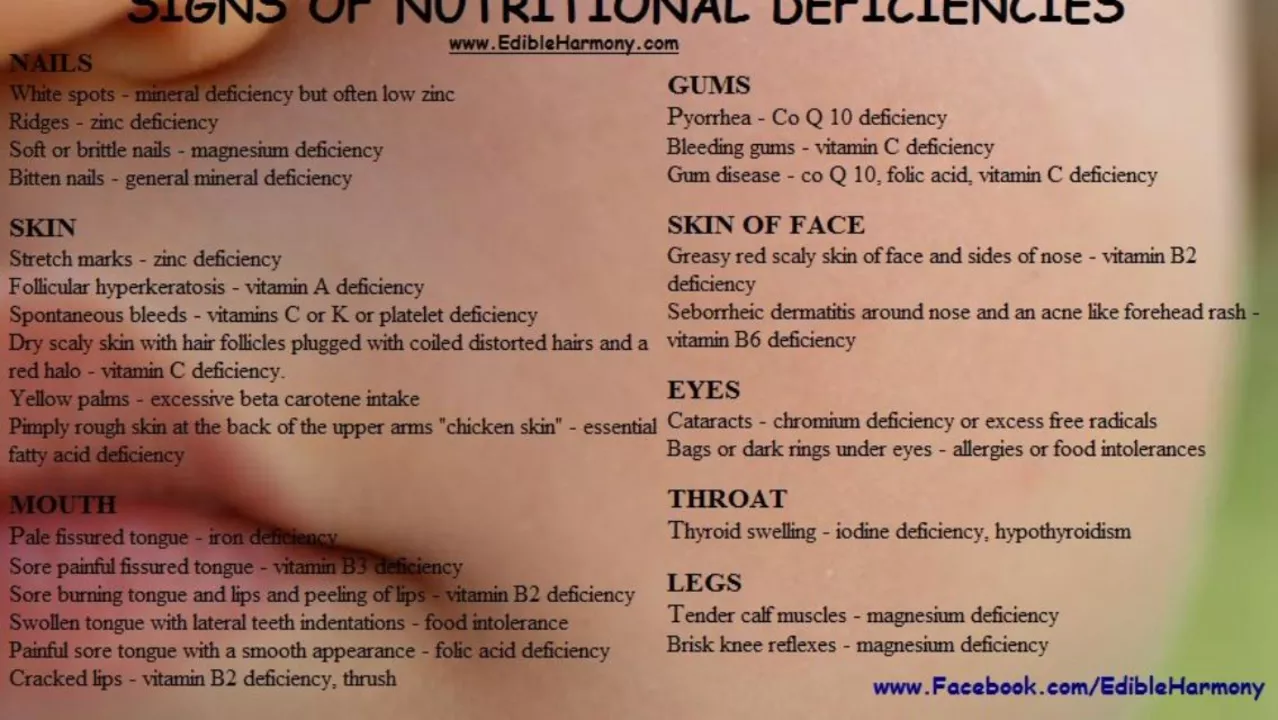Thyroid deficiency (hypothyroidism): what to watch for and what to do
Feeling tired, cold, or slower than usual? Those could be signs of thyroid deficiency, also called hypothyroidism. It happens when your thyroid gland doesn't make enough hormones to keep your body running at its best. This page gives clear, practical steps so you know what to look for and how treatment usually works.
Symptoms and causes
Symptoms often creep up slowly. Common ones include persistent fatigue, weight gain despite no major diet change, feeling cold when others are comfortable, dry skin, hair thinning, constipation, and slower thinking or memory issues. Women may notice heavier or irregular periods.
Causes vary. The most common is autoimmune thyroiditis (Hashimoto's), where the immune system attacks the gland. Other causes include low iodine (less common in places with iodized salt), certain medicines, prior thyroid surgery or radiation, and rare congenital problems. Some people develop it after pregnancy. Age and family history raise your risk.
Diagnosis and treatment — practical steps
Diagnosis is straightforward: your doctor will check blood tests—usually TSH and free T4. If TSH is high and free T4 is low, that confirms hypothyroidism. Some doctors also check thyroid antibodies to see if Hashimoto's is the cause.
Treatment most often means a daily pill called levothyroxine, a synthetic thyroid hormone. The goal is to relieve symptoms and normalize your blood tests. Dosing starts low for older adults or people with heart disease and then adjusts every 6–8 weeks until tests and symptoms stabilize. Once stable, many people only need a check-up once or twice a year.
Small practical tips make a big difference: take levothyroxine on an empty stomach, ideally 30–60 minutes before breakfast or at bedtime at least 3 hours after eating. Don’t take it with calcium, iron, or certain antacids—these can cut absorption. If you need calcium or iron supplements, separate them by 3–4 hours.
Tell your doctor about other meds and supplements, because some interact with thyroid replacement. If you're pregnant or trying to conceive, your dose often needs to increase; pregnancy changes how much hormone you need.
When to see help: if you have the symptoms above, if a routine blood test shows abnormal TSH, or if you start thyroid medicine and still feel off after dose adjustments. If you have heart disease, palpitations, chest pain, or sudden shortness of breath after starting treatment, seek care quickly.
Life with treated hypothyroidism can feel normal. With the right dose, regular blood checks, and attention to interactions and timing, most people regain energy, mental clarity, and stable weight. If you want, print these tips and bring them to your next clinic visit so you can discuss testing and a treatment plan that fits your life.

